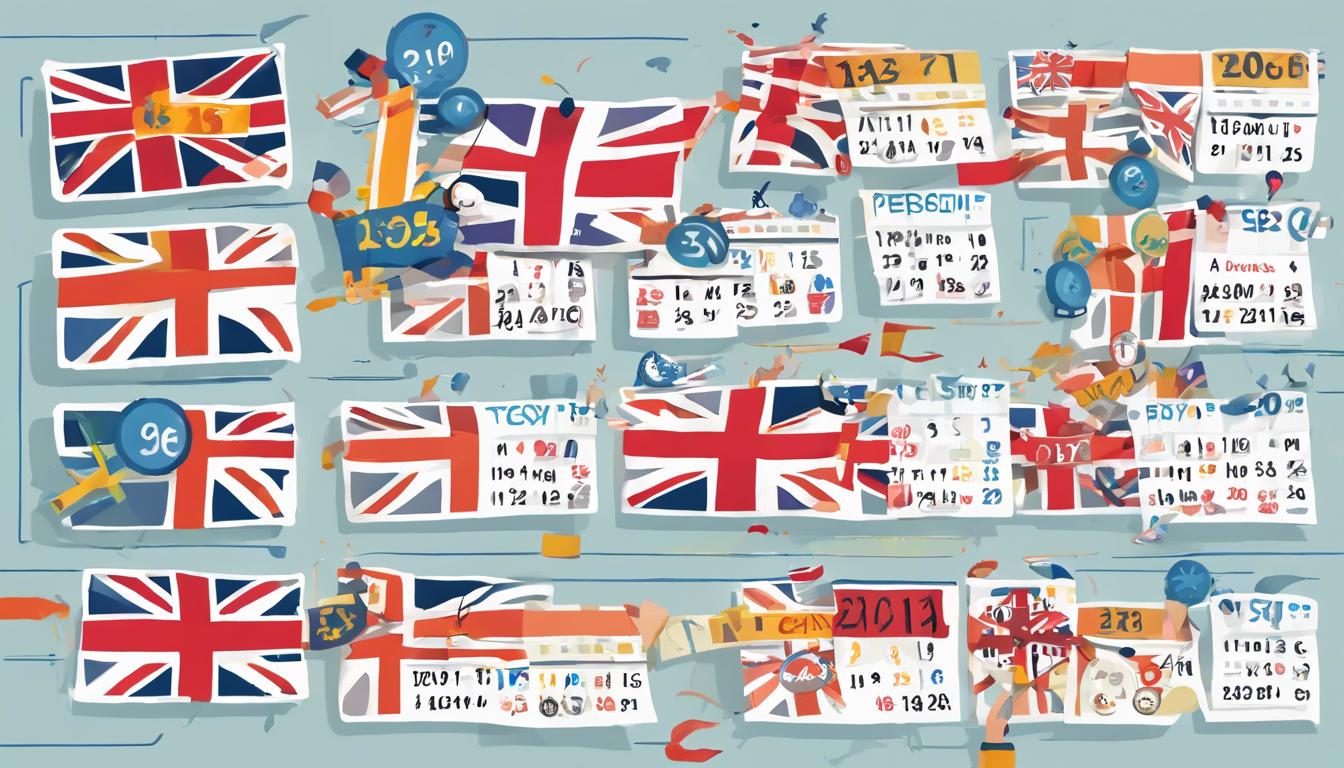May bank holidays to alter benefit payment dates and significant increases in state pensions and other benefits commence with the new tax year, amidst criticism of the DWP’s handling of Carer’s Allowance.
In May, millions of UK residents will see adjustments to their benefit payment dates due to two bank holidays. The Department for Work and Pensions (DWP) announced that the Early May Bank Holiday on May 6 and the Spring Bank Holiday on May 27 could affect the schedule for child benefit and tax credit payments. Usually paid on Mondays, these benefits may be distributed earlier; for example, the payment for May 6 might be made on May 3, and the payment for May 27 might arrive on May 24. Beneficiaries are advised to check their award notices or contact their bank or HMRC if payments are delayed.
In another development, the DWP faces criticism for its handling of Carer’s Allowance payments. Despite carers providing valuable support, worth an estimated £162 billion annually to the UK, strict income limits for eligibility have led to many incurring debts due to overpayment, often due to minor breaches. These debts, ranging from hundreds to tens of thousands of pounds, are attributed to the DWP’s slow investigations into earnings breaches, which are sometimes treated as potential fraud. The complexity of the benefits system is highlighted as a contributing factor, with calls for reform to address these issues.
Furthermore, the start of the new tax year brings significant changes to state pensions and benefits. The state pension will see an 8.5% increase under the triple lock mechanism, with the full flat-rate state pension rising to £221.20 a week and the basic state pension to £169.50. Pension credit for single recipients will increase to £218.15 a week. Universal Credit and other benefits will also see a 6.7% increase in line with the Consumer Prices Index. As part of long-term plans, the state pension age is set to rise to 67 for those born on or after April 1960, with continued support for the triple lock system by major political parties.













